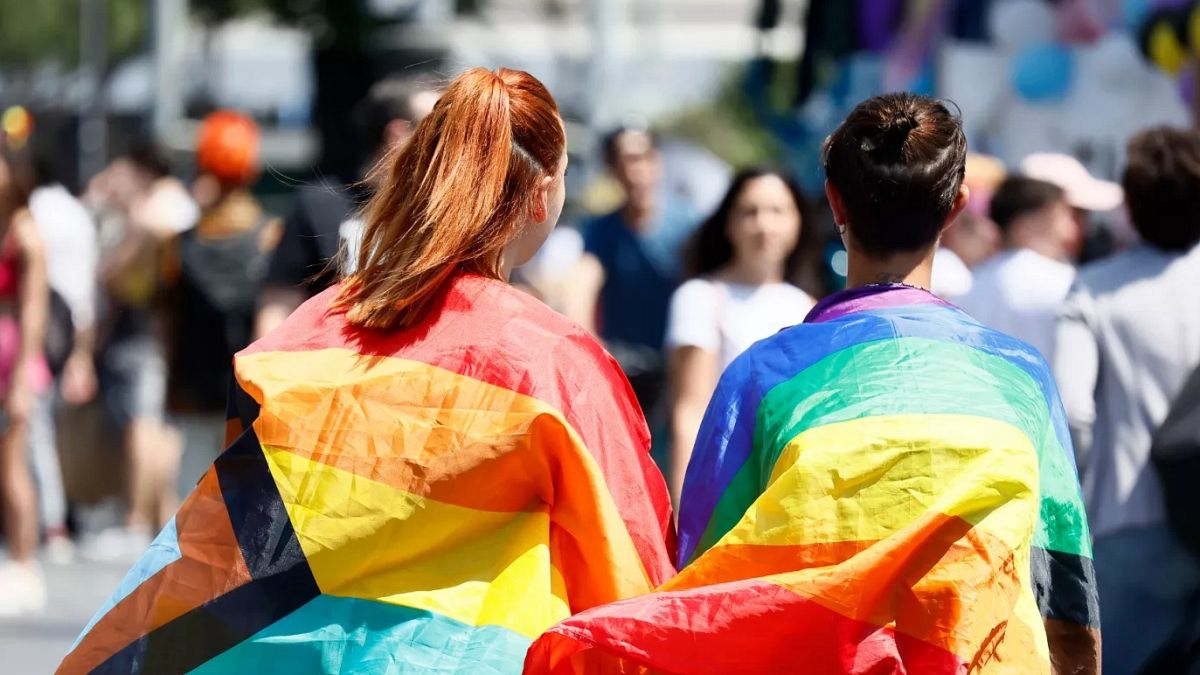

In a week showcasing significant social and policy developments, key decisions have been made extending from Europe to the United States. These changes impact family rights, immigrant treatment, and sports inclusivity with subtle yet profound shifts in regulations and advocacy pushing the boundaries of conventional norms.
In Italy, a groundbreaking legal development marked a progressive step for family rights within same-sex partnerships. The judiciary has ruled in favor of the non-biological mother in a same-sex marriage, allowing her paternity leave. This decision reflects an inclusive interpretation of parental responsibilities, emphasizing that the child’s welfare and parental duties do not hinge on sexual orientation. By recognizing the importance of both parents in a child’s life, the Italian court reinforces the notion of equality and support for diverse family structures, modeling a hopeful precedent for reproductive and parental rights.
On a more somber note, across the Atlantic in Florida, advocacy groups are intensifying efforts to address distressing conditions for immigrants detained at the facility known as “Alligator Alcatraz.” These non-profit organizations raise alarms over the inadequate living conditions, reporting issues like limited access to medical care and harsh living environments resembling “flooded cages.” The situation draws attention from international quarters, including the new commentary by Mexico’s President, Claudia Sheinbaum, urging for humane treatment of detainees. The facility’s location, deep in the Everglades, and the remote handling by state officials highlight the complex interplay of immigration enforcement and human rights, prompting calls for reconsideration and reform.
Shifting focus to the realm of athletics, a recent policy by the US Olympic and Paralympic Committee has garnered attention due to its implications for transgender women athletes. In an unpublicized policy update, the committee has effectively excluded transgender women from competing in women’s sports. Citing an obligation to adhere to an executive order, this move aligns with earlier actions by the NCAA and therefore maintains the current regulatory landscape. This decision quietly surfaces ongoing dialogues about sports fairness, gender identity, and policy compliance—underscoring an evolving landscape where inclusion and competitive equity are carefully examined.
The narrative of these events, tied together by a theme of rights and inclusivity, reflects an epoch characterized by legal interpretations and societal shifts. Each decision carries the weight of its wider implications, promising to shape dialog and policy direction in their respective arenas. Whether through granting leave to recognize diverse family dynamics, advocating for humane conditions in immigration, or balancing fairness in sports competition, these stories capture the layered complexity of contemporary governance and advocacy.
As these instances unfold, they inspire reflection on both progress and the persistent challenges within global societies. They suggest a future ever more aware of diversity and fairness—values that require careful nurturing across different cultures and contexts. The narratives contribute to a broader tapestry, sewn together by shared aspirations for equality and justice.
Source: {link}
